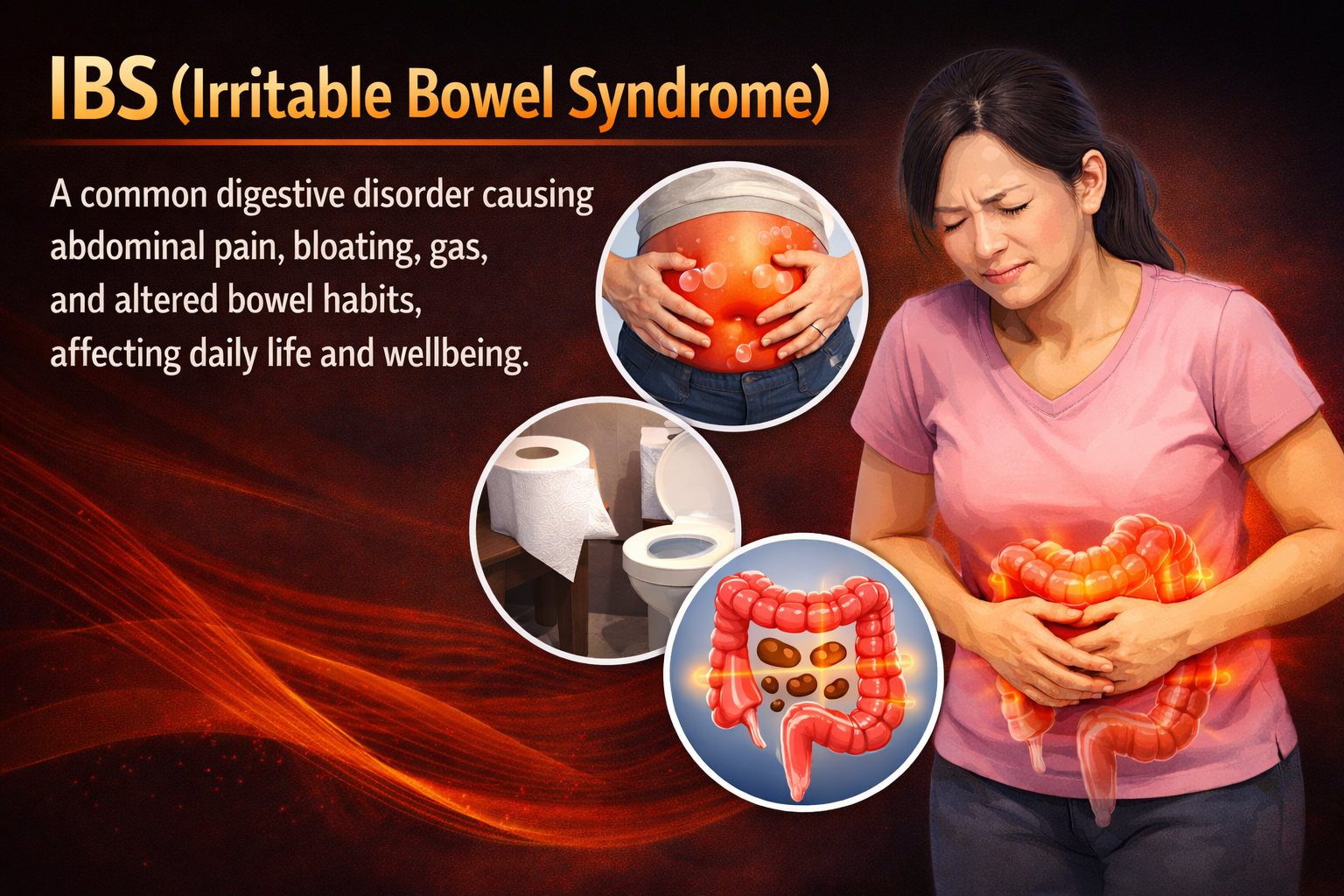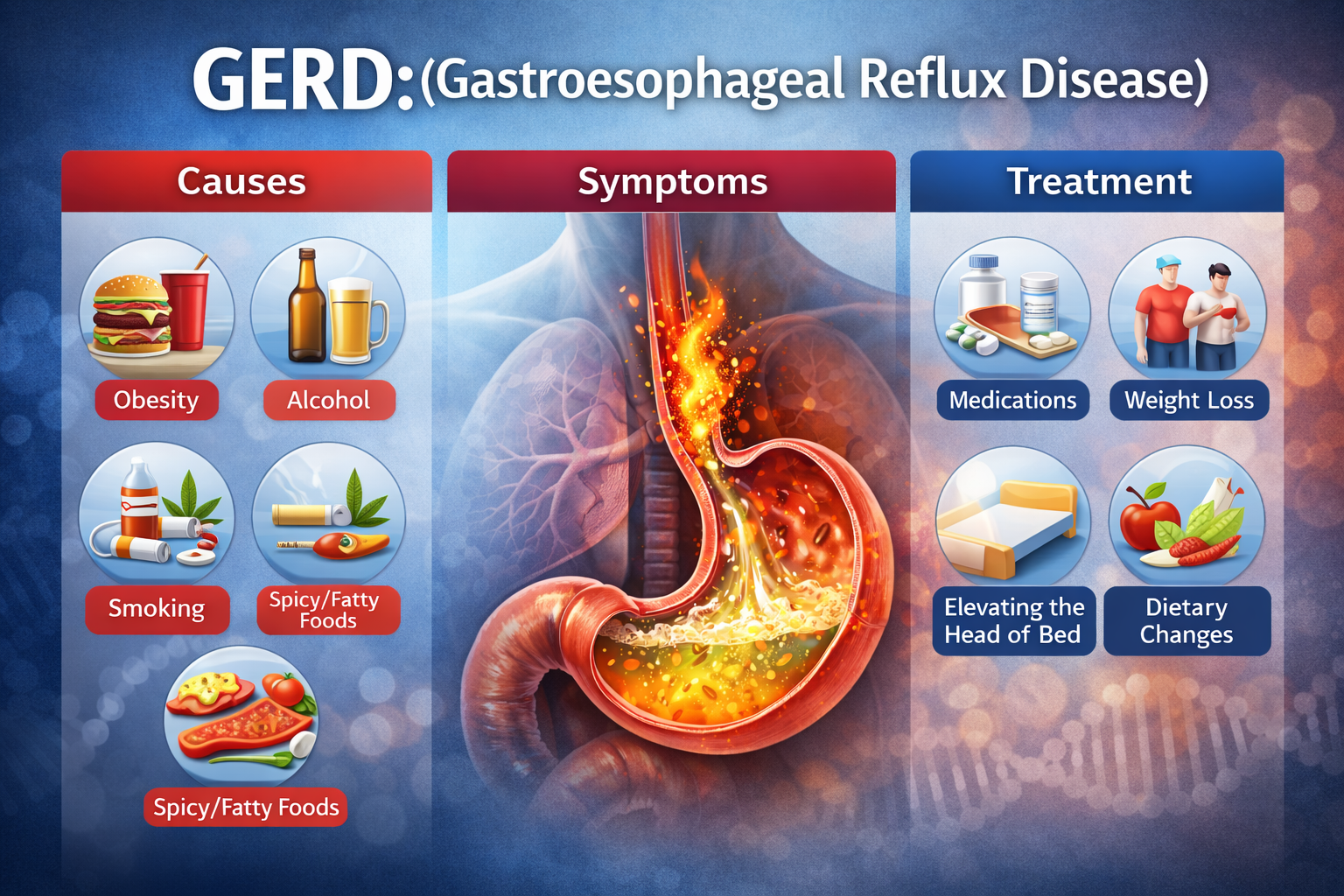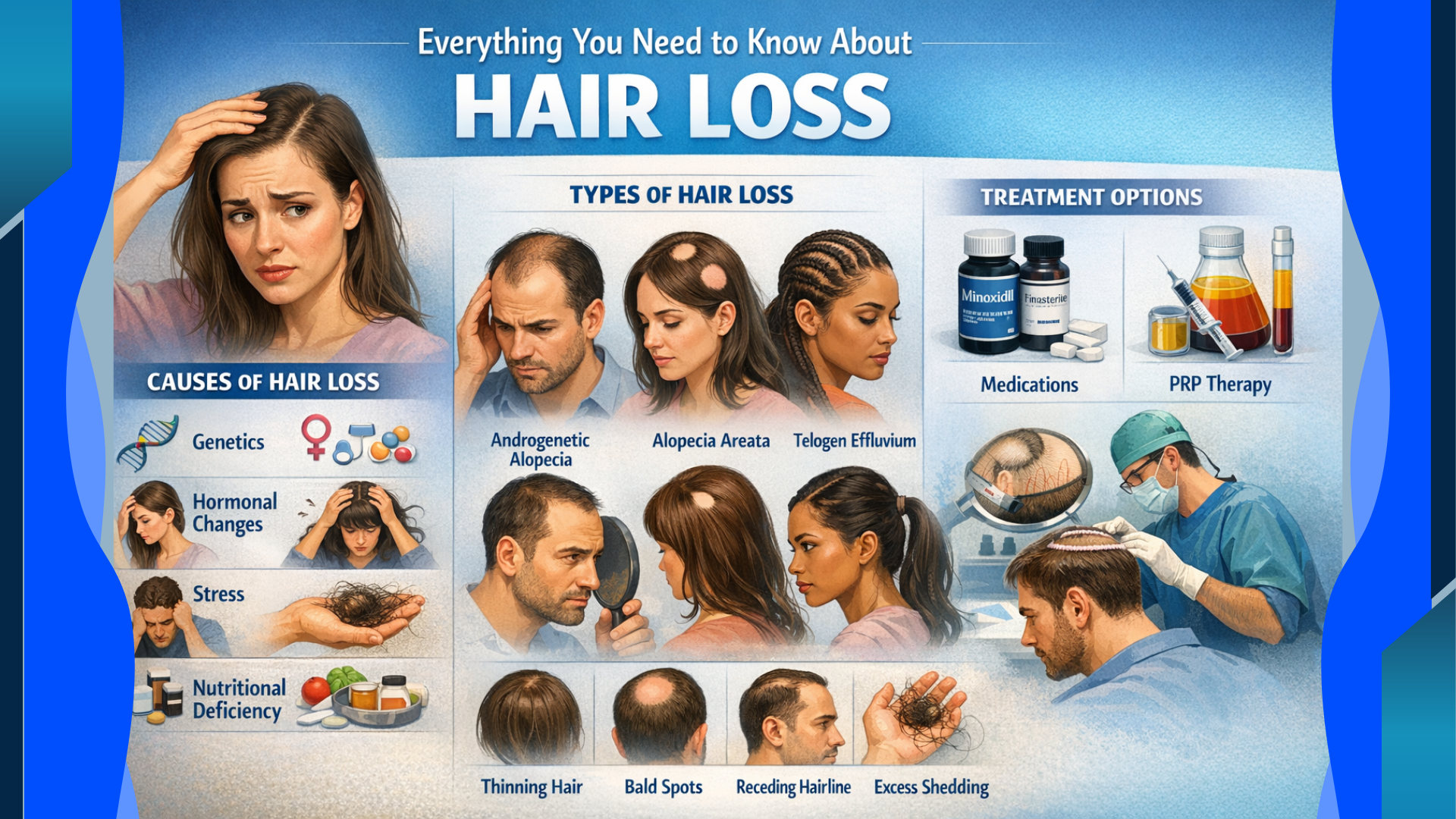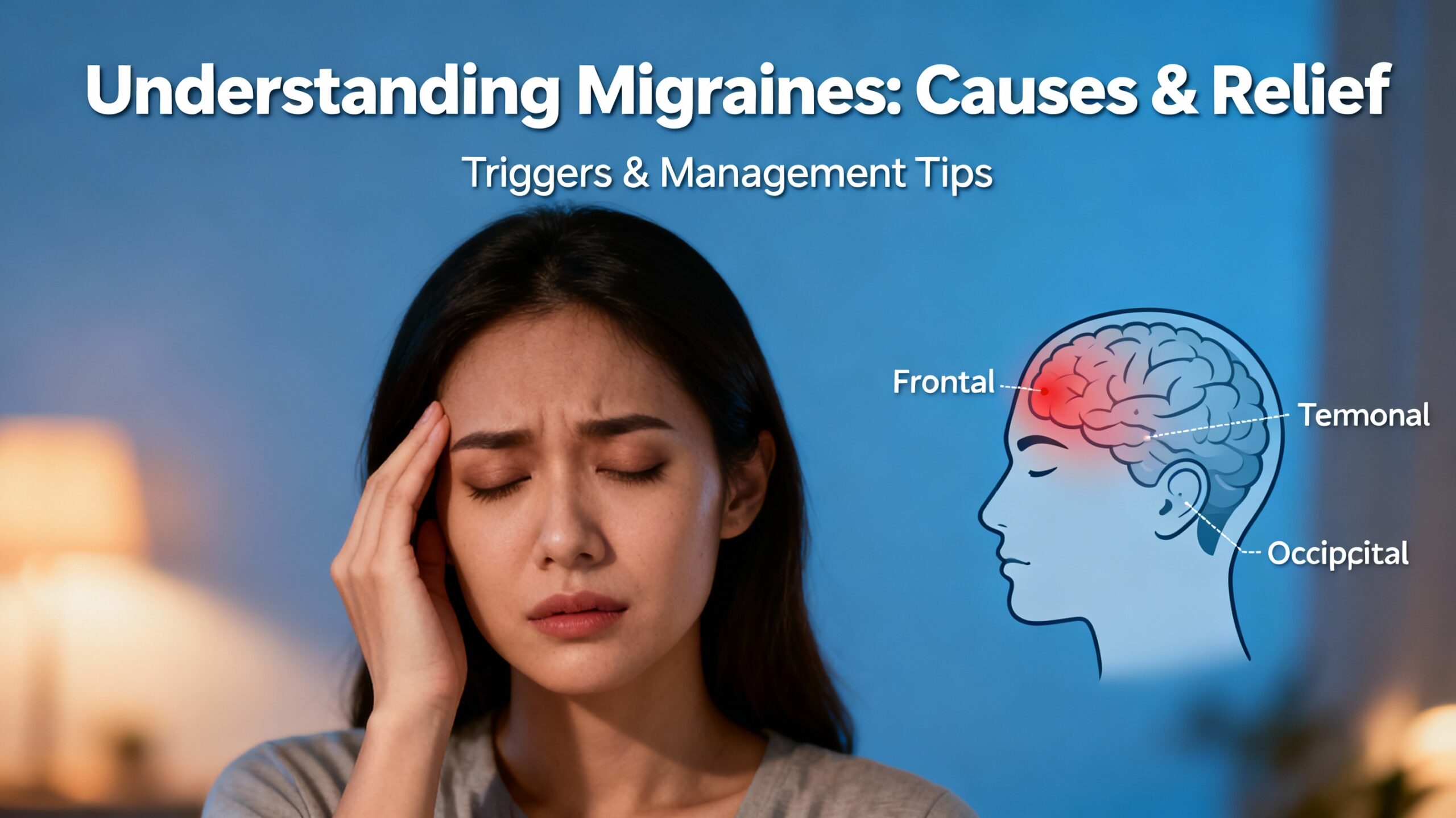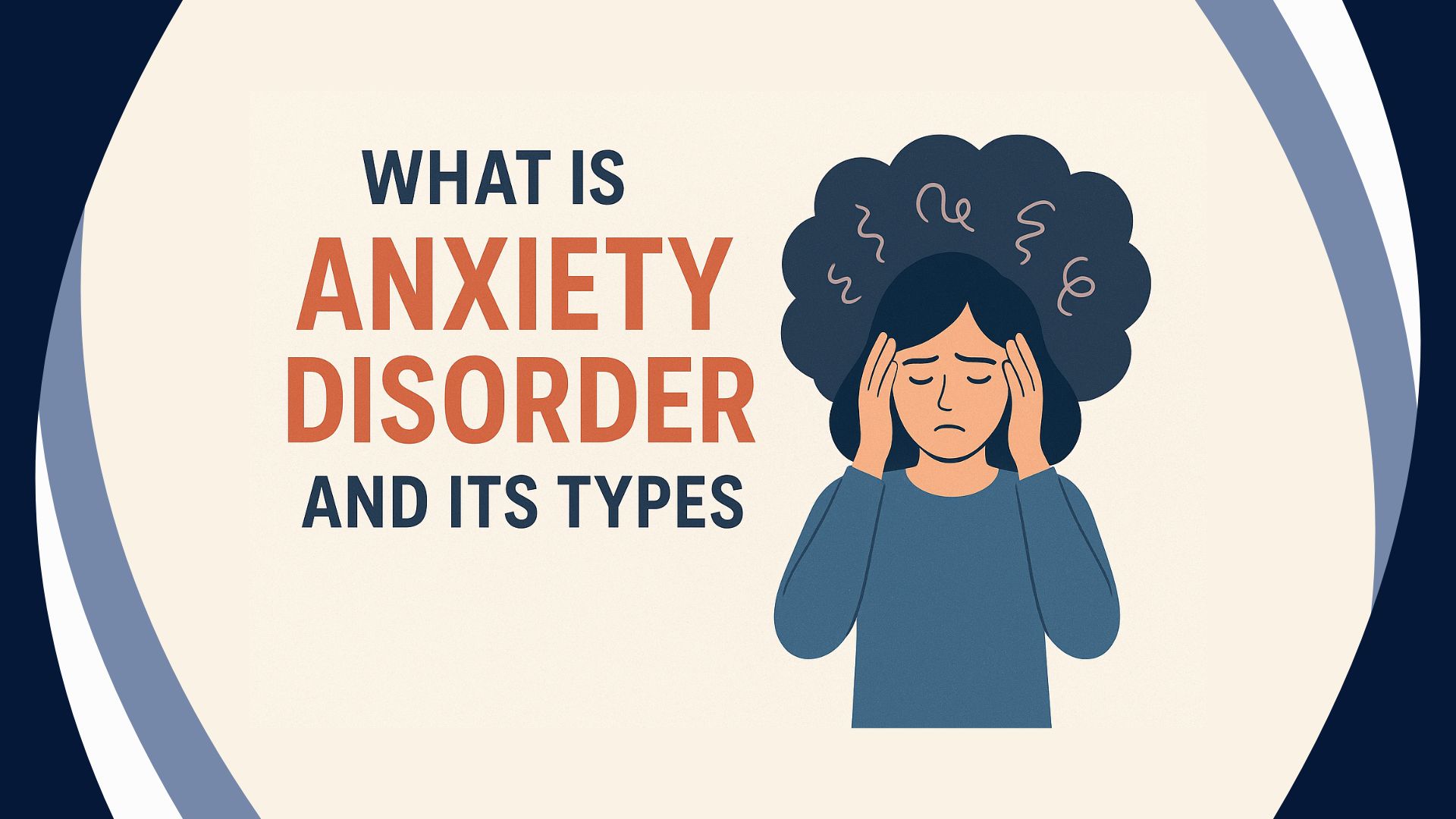Menopause

Menopause is a natural phase in a woman’s life marking the end of her reproductive years. It typically occurs between ages 45 and 55 and involves the cessation of menstrual periods and a range of symptoms due to hormonal changes. While it can bring about physical and emotional changes, there are various ways to manage symptoms and maintain overall health.
What is Menopause?
- Definition: Menopause is the stage in a woman’s life when her ovaries stop releasing eggs and menstruation ceases. It is officially diagnosed when a woman has gone 12 consecutive months without a menstrual period, not due to other causes.
- Timing: It usually occurs between the ages of 45 and 55, with the average age being around 51. It can occur earlier (premature menopause) or later (late-onset menopause) for some women.
Stages of Menopause
- Perimenopause:
- Definition: The transitional phase leading up to menopause, which can start several years before the final menstrual period.
- Symptoms: Irregular periods, hot flashes, night sweats, mood swings, and changes in sleep patterns.
- Menopause:
- Definition: The point at which a woman has not had a menstrual period for 12 months.
- Symptoms: Hot flashes, vaginal dryness, mood changes, sleep disturbances, and changes in libido.
- Postmenopause:
- Definition: The years after menopause has been reached.
- Symptoms: You might still experience hot flashes, but your periods have likely stopped. Over time, this means you’re less likely to get pregnant, but you may have a higher chance of developing certain health problems, like bone loss and heart disease.
Symptoms
Common symptoms of menopause include:
- Hot Flashes: Sudden feelings of warmth, often accompanied by sweating.
- Night Sweats: Hot flashes that occur during sleep, leading to sweating and disrupted sleep.
- Vaginal Dryness: Reduced moisture in the vaginal area, which can cause discomfort.
- Mood Changes: Emotional fluctuations, including irritability or depression.
- Sleep Problems: Difficulty falling asleep or staying asleep.
- Changes in Periods: Irregular or skipped periods leading up to menopause.
- Reduced Libido: Changes in sexual desire or response.
Warning Signs and Symptoms
- Severe headache, blurred vision, or persistent pain
- Dizziness, fainting, or extreme fatigue
- Chest pain, shortness of breath, or fast-beating heart
- Severe nausea/vomiting (hyperemesis gravidarum)
- Severe abdominal or belly pain
- Vaginal bleeding or abnormal discharge
- Swelling, redness, or pain in legs or arms (possible deep vein thrombosis)
Causes
Menopause is a natural part of aging, caused by the gradual decline in the production of hormones like estrogen and progesterone from the ovaries. However, it can also result from:
- Surgical Menopause: Removal of ovaries through surgery (oophorectomy).
- Chemotherapy or Radiation: Treatments for cancer that affect ovarian function.
- Primary Ovarian Insufficiency: A condition where the ovaries stop functioning normally before age 40.
Management and Treatment
While menopause is a natural process, there are ways to manage its symptoms and maintain health:
- Lifestyle Changes:
- Diet: Eating a balanced diet rich in calcium and vitamin D.
- Exercise: Regular physical activity to maintain weight and improve mood.
- Stress Management: Techniques like yoga or meditation can help with mood swings and stress.
- Hormone Replacement Therapy (HRT):
- Definition: Medication that replaces hormones no longer produced by the ovaries.
- Forms: Available in pills, patches, gels, and vaginal creams.
- Considerations: HRT can help relieve symptoms but may have risks, so it’s important to discuss with a healthcare provider.
- Non-Hormonal Medications:
- Options: Certain medications can help manage specific symptoms like hot flashes or mood changes.
- Vaginal Lubricants:
- Purpose: Can help with dryness and discomfort during sex.
- Regular Check-Ups:
- Monitoring Health: Regular visits to a healthcare provider to monitor bone health, heart health, and other concerns.
